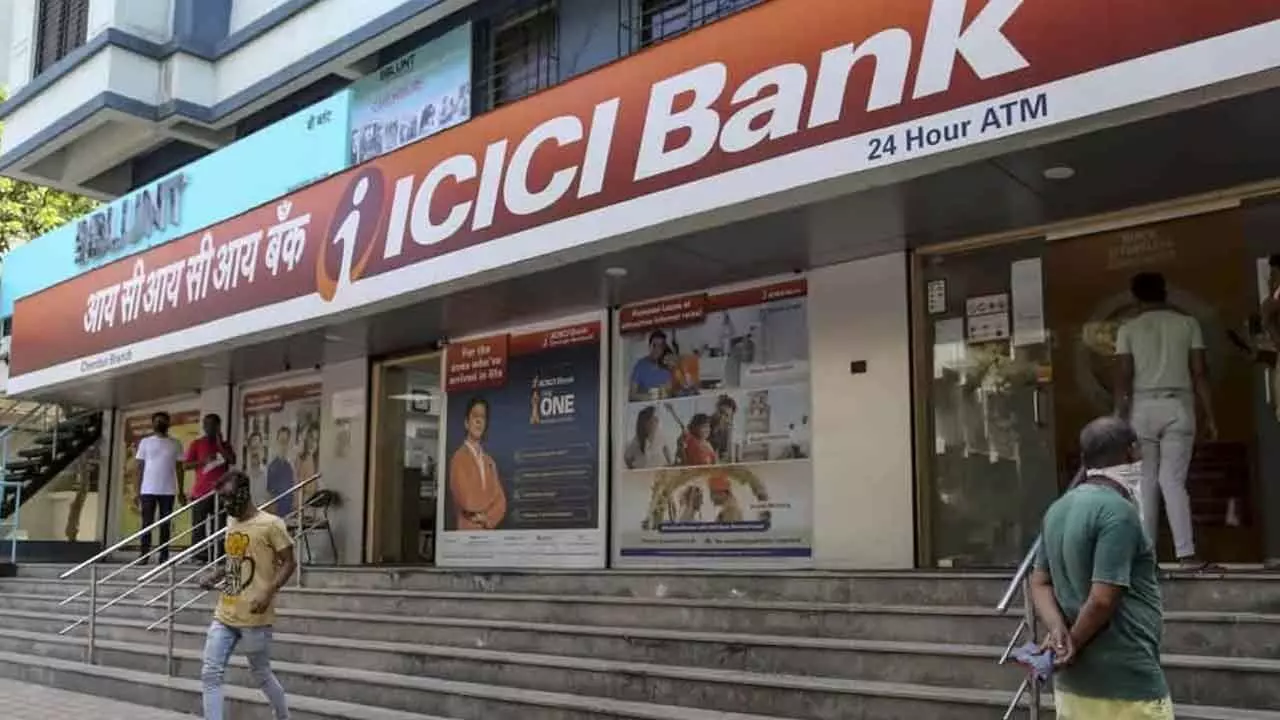ICICI Bank UPI Fees Explained: Who Will Pay and Why
ICICI Bank begins charging payment aggregators for UPI from August 1. Here's what the new fees mean and how they may impact users and businesses.
image for illustrative purpose

ICICI Bank has initiated a policy to impose fees on Payment Aggregators (PAs) for processing Unified Payments Interface (UPI) transactions starting August 1, 2025. This move, confirmed by sources within the bank, applies to PAs based on the status of their escrow accounts with ICICI.
According to internal communication sent to aggregators in late June, ICICI Bank has decided to charge 2 basis points (Rs 0.02 per Rs 100) for each UPI transaction routed through PAs with escrow accounts at the bank, capped at Rs 6 per transaction. Aggregators without escrow accounts at ICICI will be charged 4 basis points, up to a maximum of Rs 10 per transaction.
Transactions routed through a merchant’s ICICI account will not incur any fees. In comparison, Axis Bank already charges between 6 and 9 basis points per UPI transaction. Despite these developments, merchants and users remain unaffected for now due to the zero Merchant Discount Rate (MDR) policy.
Banks continue to bear the burden of maintaining UPI infrastructure and are required to pay a switch fee to the National Payments Corporation of India (NPCI). Industry sources believe that over time, costs may eventually impact end users if banks or aggregators pass them on.
Rohit Mahajan, Founder of plutos ONE, noted that such a fee structure is a step toward sustainable payment processing. He emphasized that small charges could drive improvements in backend systems, fraud controls, and overall service uptime.
The move has sparked questions on whether other banks will adopt similar charges. Currently, YES Bank and certain public sector banks are reported to have introduced or are planning to implement comparable fees for aggregators, especially those lacking sufficient escrow balances.
As of July 16, 2025, the Reserve Bank of India (RBI) lists 8 authorized PAs and 4 under review. Nine more have received preliminary approval, with 17 others awaiting decisions.
At an event in Mumbai, RBI Governor Sanjay Malhotra acknowledged the existing zero-charge model for UPI may not be viable long-term. "Someone has to bear the cost," he stated, stressing the operational burden on banks.
Most PAs, including Cashfree, MuffinPay, RazorPay, and PayU, declined to comment directly but have not denied receiving ICICI’s fee notification. Rahul Jain of NTT DATA Payment Services confirmed communication from ICICI and added that similar fees are common for specific transaction categories like gaming.
Jain also shared that a public sector bank newly integrated with NTT DATA plans to charge between 2 and 10 basis points for UPI services. He added that NPCI currently levies a switch fee of 0.02 per cent on banks for every transaction.
According to Krishna Kumar, a digital payments expert, consumers may not face direct charges anytime soon. He attributed this to possible government interventions and the risk of users reverting to cash. Kumar believes banks still have financial capacity to absorb the costs internally.

